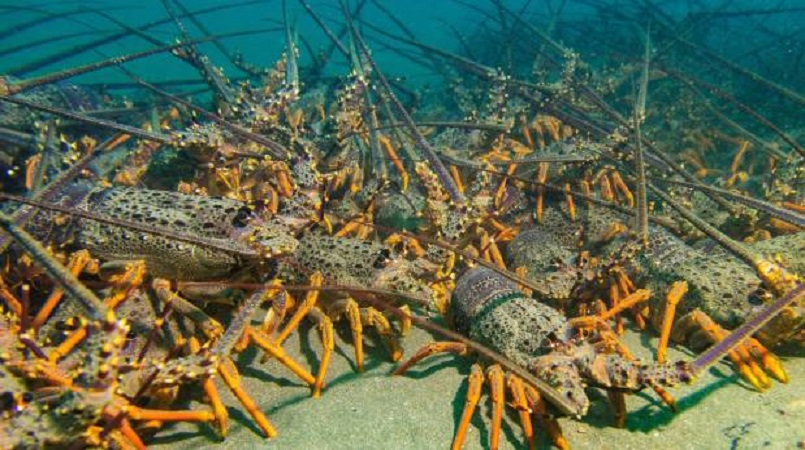
A Methodist church minister from Gisborne is one of two men to be fined more than $10,000 after pleading guilty to several crimes involving crayfish.
Methodist minister Sunia Ha'unga, 66, was fined $4500 after pleading guilty in Gisborne District Court last week to one charge of possessing excess crayfish, and another of intending to benefit from possessing the crayfish.
Aaron Andrew McKay, 39, also from Gisborne, was fined $6000 after pleading guilty to one charge of selling 35 crayfish, and another of being in possession of crayfish for sale.
Ministry for Primary Industries spokesman Adam Plumstead said the men's actions were disappointing, as the daily bag limit for crayfish was six.
"In Mr Ha'unga's case, he had packaged up 130 crayfish, which is more than 21 times the legal daily catch limit, among five boxes of oranges that were destined for family members in Auckland in September last year."
He said McKay was involved in selling illegal crayfish in Tauranga in January this year, and his offending was uncovered by a fisheries officer, who was tipped off about the illegal sale.
The officer caught McKay "red-handed" with help from two honorary fisheries officers while he was attempting to sell the crayfish.
Vehicles and gear used in both the offences were also forfeited to the Crown, and McKay was ordered to pay a further $3000 for the release of his car.
The Gisborne Herald has reported that Ha'unga was being cast out from his church position, and would return to Auckland in January.
Neither Ha'unga, the Methodist Church of New Zealand, nor the Methodist Trust Association could be immediately reached for comment.
Plumstead said: "The impact of black market poaching restricts the rights of both recreational and customary fishers to access the crayfish stock. It also limits the potential growth in the size of the New Zealand rock lobster industry.
"Crayfish is a very sought after commodity and the fishery is already under a lot of pressure. It's obviously very disappointing to note this sort of offending."
The intention to gain benefit from possession of illegal crayfish carries a maximum fine under the Fisheries Act 1996 of $250,000, or up to five years' jail time.
